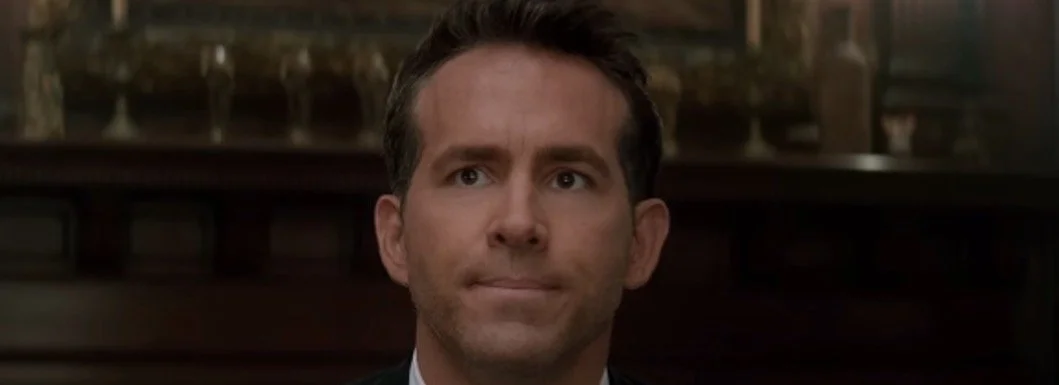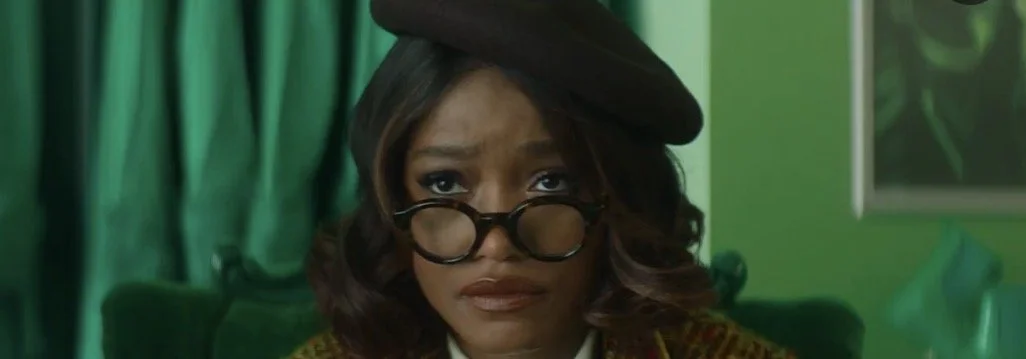Emerald Fennell’s “Wuthering Heights” held its first test screening last night in Dallas, and early impressions suggest an unusual adaptation. I’m slightly more intrigued now.
Audience reaction inside the theater was largely mixed, with some visible restlessness, while others were won over. The film, described by one attendee as aggressively provocative and tonally abrasive, leans hard into Fennell’s now-familiar brand of stylized depravity. It’s a deliberately unromantic take on Brontë’s novel, stripped of emotional nuance and full of salacious detours that serve shock value.
There’s hyper-sexualized imagery — far more explicit than any previous adaptation of this material. The film opens with a public hanging that quickly descends into grotesque absurdity, as the condemned man ejaculates mid-execution, sending the onlooking crowd into a kind of orgiastic frenzy. A nun even fondles the corpse’s visible erection.
Later, a woman is strapped into a horse’s reins for a BDSM-tinged encounter. There are several masturbation scenes shot in that now-signature Fennell style—intimate, clinical, and purposefully discomforting. The camera lingers on suggestive textures: egg yolks running through fingers, dough being kneaded with quiet aggression, a slug sliding slowly down glass.
Another attendee tells me that Margot Robbie and Jacob Elordi deliver committed performances, with great chemistry, but the characters they portray are so cold and unlikable that even strong acting can’t create a point of connection. And I ask in return: isn’t that precisely what Brontë’s intended?
The adaptation reportedly diverges significantly from the source material, playing out much as one might expect from Fennell reinterpreting a literary classic via her increasingly polarizing lens.
It sounds like the most unusual “Wuthering Heights” to date, and that might not be a bad thing. The last thing anyone wants is another by-the-numbers adaptation. What the next film version called for was a jolt of fresh energy, something bold and unexpected. For better or worse, it seems that’s exactly what Emerald Fennell may have brought to the table.
One of the most tormented love stories ever written, “Wuthering Heights” tackles troubled orphan, and antihero, Heathcliff and his doomed love for Catherine Earnshaw. The ensuing ramification of his unhealthy affection for Catherine sets up a tale of revenge and social climbing.
There have been four major movie adaptations of Brontë’s novel, released in 1939, 1970, 1992 and 2011. I liked the 1970 version the best, that one starred Timothy Dalton, but I guess there’s always room for improvement as I don’t believe there’s been a definitive cinematic take on the source material.
Has Fennell “cracked the code,” and a worthy “Wuthering Heights”? Who knows. What seems to be the lure here is the filmmaker having directed “Promising Young Woman” and “Saltburn” back-to-back; not to mention the enticing presence of Robbie and Elordi.
Warner Bros has set up a Valentine’s 2026 release for “Wuthering Heights.”





